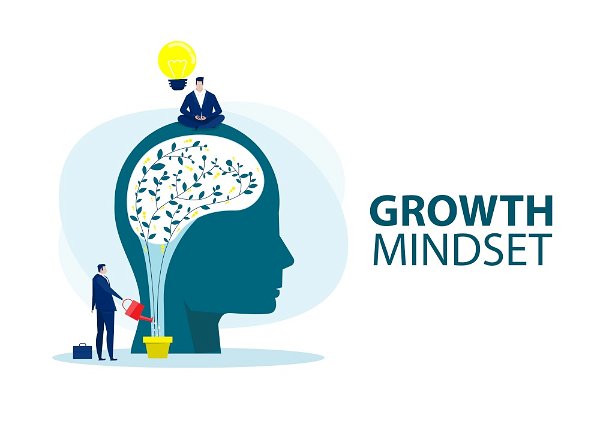
Even if employees can only save $1, $5, or $20 a month in their HSA account, that is $1, $5, or $20 a month they won’t be taxed on when they spend it for their healthcare needs - money that they will have to spend either way. FYI, if your employees want to set up a monthly contribution to max their 2023 HSA savings as an individual over a 12-month period, then they will want to plan to have an auto withdrawal from their paychecks for $320.83 a month to fund their HSA account. If paid in 24 semi-monthly pay periods that would be $160.42 per paycheck. If paid in 26 bi-weekly pay periods that would be $148.08 per paycheck. If employees want to set up a monthly contribution to max their 2023 HSA savings for their family (who is on your insurance plan) over a 12-month period, then plan to have an auto withdrawal from their paycheck for $645.83 per month. If paid in 24 semi-monthly pay periods, that would be $322.92 per paycheck. If paid in 26 bi-weekly paychecks, that would be $298.08 per paycheck. If employees are age 55 or older and not on Medicare, and want to max their additional annual “catch-up contribution”, then they can add an additional $83.33 each month (on top of their individual or family contribution). If paid in 24 semi-monthly pay periods, that would be an additional $41.67 per paycheck (on top of their individual or family contribution). If they are paid in 26 bi-weekly pay periods, that would be an additional $38.46 per paycheck (on top of their individual or family contribution).
For 2024, HSA contribution limits will go up to $4,150 (a $300 increase) for individuals and up to $8,300 (a $550 increase) for family coverage. The 55 and older “catch-up contribution” will remain the same at $1,000. So, if you want to motivate employees to consider planning ahead for maxing out 2024 contributions as an individual contributor, employees will want to set up automatic contributions of $345.83 per month. If paid in 24 semi-monthly pay periods that would be $172.92 per paycheck. If paid in 26 bi-weekly pay periods that would be $159.61 per paycheck. If you want to motivate employees to set up a monthly contribution to max their 2024 HSA savings for their family (who is on your company insurance plan) over a 12-month period, employees will want to set up automatic contributions of $691.67 per month. If paid in 24 semi-monthly pay periods, that would be $345.83 per paycheck. If paid in 26 bi-weekly paychecks, that would be $319.23 per paycheck. If employees are age 55 or older and not on Medicare, and want to max their additional annual 2024 contribution, then they can add an additional $83.33 each month (on top of their individual or family contribution). If paid in 24 semi-monthly pay periods, that would be an additional $41.67 per paycheck (on top of their individual or family contribution). If they are paid in 26 bi-weekly pay periods, that would be an additional $38.46 per paycheck (on top of their individual or family contribution). Contributions to their HSA plan can help employees feel more on top of their money, as it allows employees to spend less (by using untaxed money) on their ever-growing healthcare costs. Let us know if you have any questions on how to talk to your employees about the option of an HSA plan.
We’ve got your back,
Financially Fit Employees









